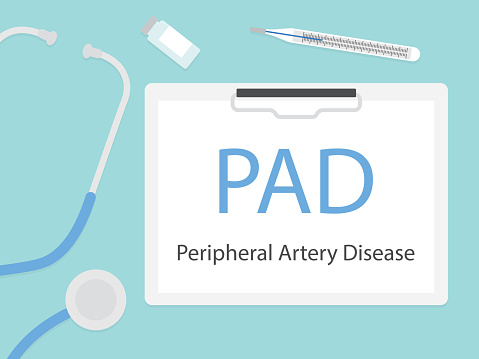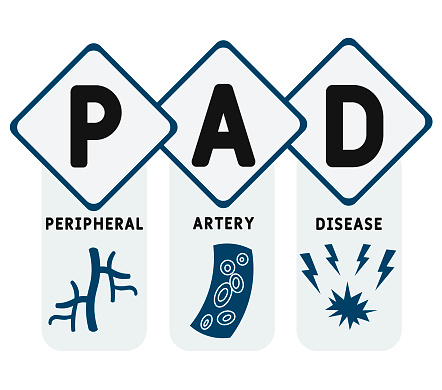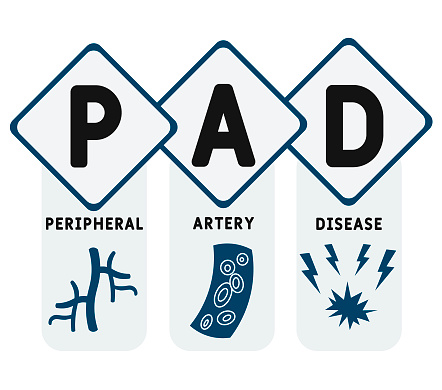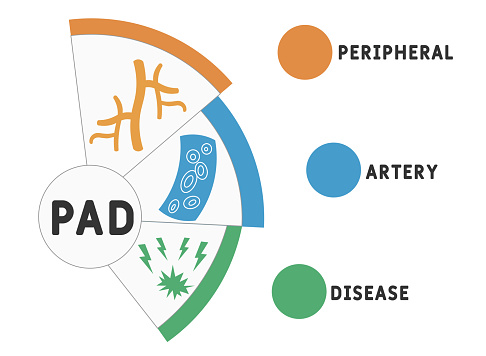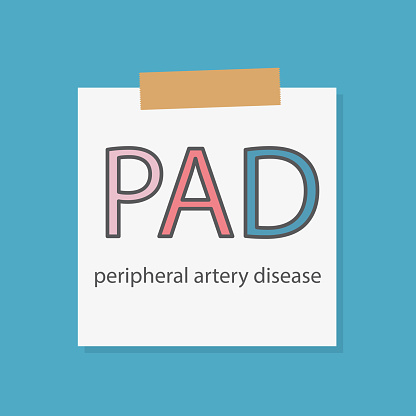The novel peripheral artery disease (PAD)-medical score may reduce the risk of major adverse cardiovascular events (MACE), according to a study published in the World Journal of Diabetes.
In this study, researchers assessed a total of 424 participants between 2002 and 2020, of which (n=63) had carotid artery disease, (n=121) had aortic or peripheral aneurysm, and (n=240) had lower limb ischemia. The PAD-medical score, which accounts for the control of low-density lipoprotein cholesterol, blood pressure, blood glucose, smoking and prescription of an anti-platelet, was used to assess reversible risk factors of MACE.
Following analysis, the results showed that only 7.8% participants had an optimal PAD-medical score of five, with 75% scoring at least three out of five. The investigators observed that 21% of participants that had at least one MACE during the follow-up period of about two years. A one-unit higher PAD-medical score was associated with lower risk of MACE (HR=0.79, 95% CI, 0.63-0.98) after adjusting for other risk factors, the researchers noted.
“The PAD-medical score provides a simple way to assess the control of modifiable risk factors targeted by medical management aimed to reduce the incidence of MACE,” the researchers concluded.
Link: https://pubmed.ncbi.nlm.nih.gov/34168735/
Keywords: Clinical practice, Diabetes, Major cardiovascular events, Medical management, Peripheral artery disease, Prospective study




